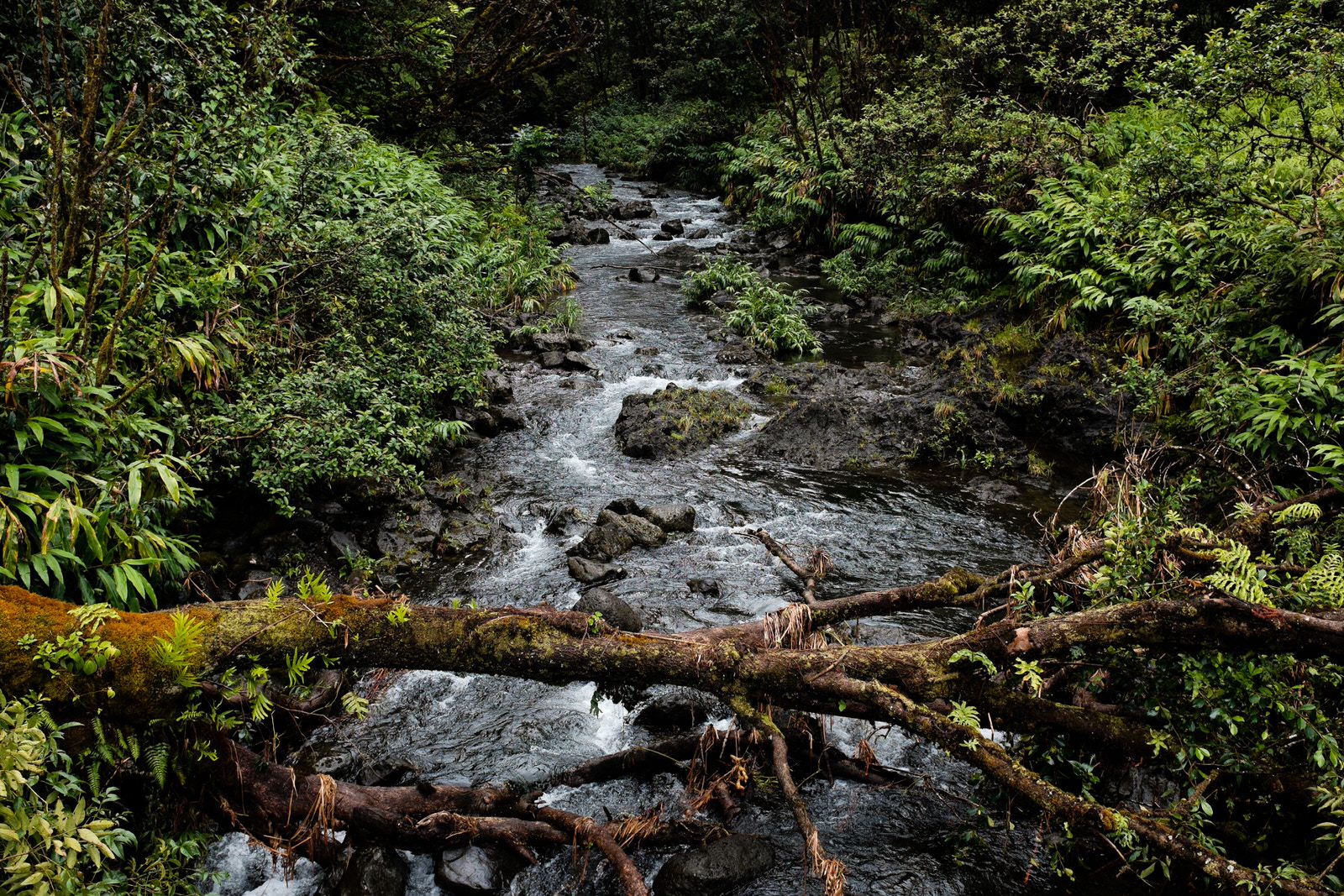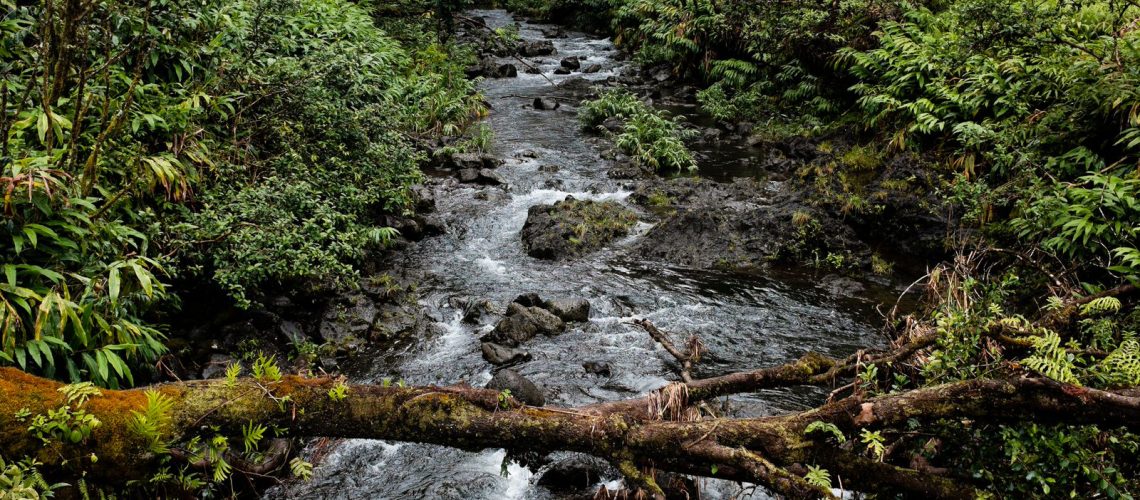Cycling from one extreme to another never fixes anything; it only creates more problems. Many of our clients are disciplined leaders—they keenly feel their responsibility for the company, for coworkers, for outcomes—and need to make mindful, carefully considered decisions. Yet when it comes to their own lifestyle, often they don’t apply the same principles. They undermine themselves by either having no discipline or by using discipline in a blunt, unconsidered way. There is no structure or thought applied to building a healthy relationship with themselves—they tend to go in circles through extreme behaviors of indulgence and punishment.

It can be helpful to look into the definition of proactive: creating or controlling a situation by causing something to happen rather than responding to it after it has happened. Someone who is proactive with their health and fitness isn’t indulging themselves, nor are they punishing themselves as a reaction to their own behavior.
For instance, we had a client, Jill, who struggled with her weight all her life and came to us in her twenties. Her pattern was to engage in extreme activities that she had to train for and would provide her with purpose. She looked for long pilgrimage hikes, runs for a cause, and other challenging events instead of changing her lifestyle. When not “training,” she fell back into old habits and regained the weight. Even though she wasn’t aware of it, she had created a lifestyle that stressed her joints, kept her weight unstable, drained her energy, and ultimately left her frustrated.
After following The Happy Body successfully for a year, she finally felt fit, strong, and energetic. She then decided she wanted to run a marathon. To me this looked like the dark side of discipline, when that passion for new achievement drives you to abuse the body. I asked her why she would want to put herself at risk of injury and perhaps undo much of the work she’d accomplished. She then realized that she didn’t even like running, she actually hated it. With this awareness she stopped the cycle, maintained control over her lifestyle, and had more time and energy for truly creative activities. Jill never had a serious injury or health crisis because she changed her lifestyle early. Had she been continuing these cycles into her sixties she would have ended up like many of our clients who come later in life after surgeries, injuries and with other serious health problems.
Being proactive is the opposite of being reactive, compulsive, and obsessive. It means examining in depth how the activity will benefit you over time and help you create a healthy, balanced ecosystem in your own life. It’s important to create good habits, loving discipline, and a healthy regimen.
Proactive also means preventive. Many people are successful in some areas of their lives but ignore serious deficits in others. If you’re following The Happy Body you’re already being proactive in the area of health and fitness. But there are many important areas in life where we need to do the preventive work now to arrive at a good place later, for instance:
- Health & Fitness (example: The Happy Body)
- Financial (example: Japanese practice of putting 20% every paycheck into savings)
- Relationships: romantic & friendship (example: romantic, ritual of dinner & dancing one night a week) (example: friendship, monthly book club, hiking, movie night)
- Life philosophy: spirituality, religion, greater connection (example: volunteering, religious practices, travel & education)
- Cultivating self-worth: psychology, self-awareness (example: reading, creative activities, therapy)
All ecosystems are built on interrelationships, so if one area is out of balance, the others will ultimately be affected. Frustration is the first sign that that ecosystem is unhealthy, and then it’s up to you to discover which area needs attention. I invite you here to build your own future with sustaining rituals and habitual practices that establish the architecture for happiness.

DEEPER CONTEMPLATION
In reviewing the list above, do you notice anything missing? How do you decide what to cultivate in your ecosystem, and how do you do it?
Leave your response below in the comments.



Hi Aniela, this is a great post! I think your list pretty much covers everything too. I first came across this concept of cultivating a personal ecosystem a few years back in Lewis Howes’s book School of Greatness. The only other categories he explicitly defines are for “recreation” and “business”. From there it’s writing down your 6- or 12-month goal for each category and creating a step-by-step plan to achieve it.
Hi Jeff,
I have to look into the book you mentioned by Lewis Howes. I guess I included business in financial, and thought that 3,4,5 might be part of recreation too. But I like the idea of creating these two categories as separate, clear intentions. Thank you for your insight.
I love your perspective. I keep looping back around to each area to create the most ease and joy possible
Hi Dorena,
Looping is a normal process until you establish a way to keep all areas intact. The mistake people often make to think that all of them should be on one level all the time. There are natural biorhythms in each individual’s life that will show how to manage all areas. Just knowing what’s important to you gives you great sense of control. Cheers to ease and joy!
Kindly,
Aniela
Thank you Aniela for this timely message. It resonates with me, because I am currently trapped in that vicious circle of restriction and punishment. So it’s time to calm down and go step by step consistently 🙂
Lydia,
There is such a thing as wisdom of no escape – whatever we avoid it will come back with a wave that can knock us off our feet. So why not look at what’s important and take under the consideration now?
Hi Aniela,
Firstly, being in Jerzy’s current mentor tribe is life-changing 🙂 I look forward to being helpful in the community.
You made me think as to just how prevalent the pressure for “extreme activities” is nowadays. My sense is that this is the power of photo, and now video, being so prevalent as an “influencer”.
And your comments on leaders made me think. Since discovering THB I’ve observed I look at leaders or influencers with a quiet curiosity as to their state of body and mind, and their value to simple disciplines, in being open (or not) to their influence.
Have a great week,
Kevin Brennan
Hi Kevin,
Thank you for sharing your observation. I was wondering if you could actually contribute to THB and write a blog in depth on that subject. I think there is an opportunity to explore (as much for you as for the readers.) I would greatly appreciate it.
Warmly,
Aniela
Hi Aniela, I’d be delighted to, thank you.
Let’s pick up a separate thread on the timing, I will email you.
Kevin